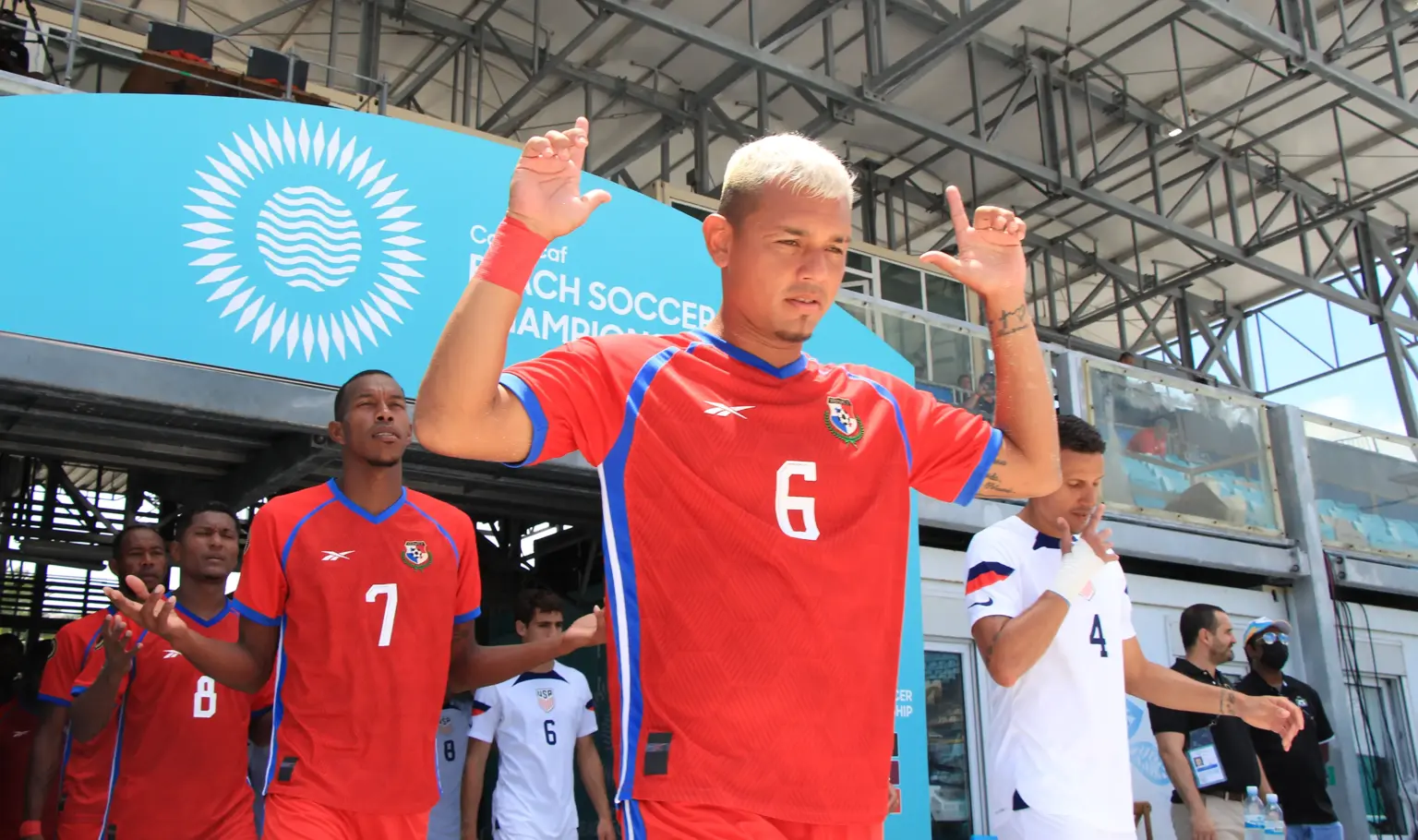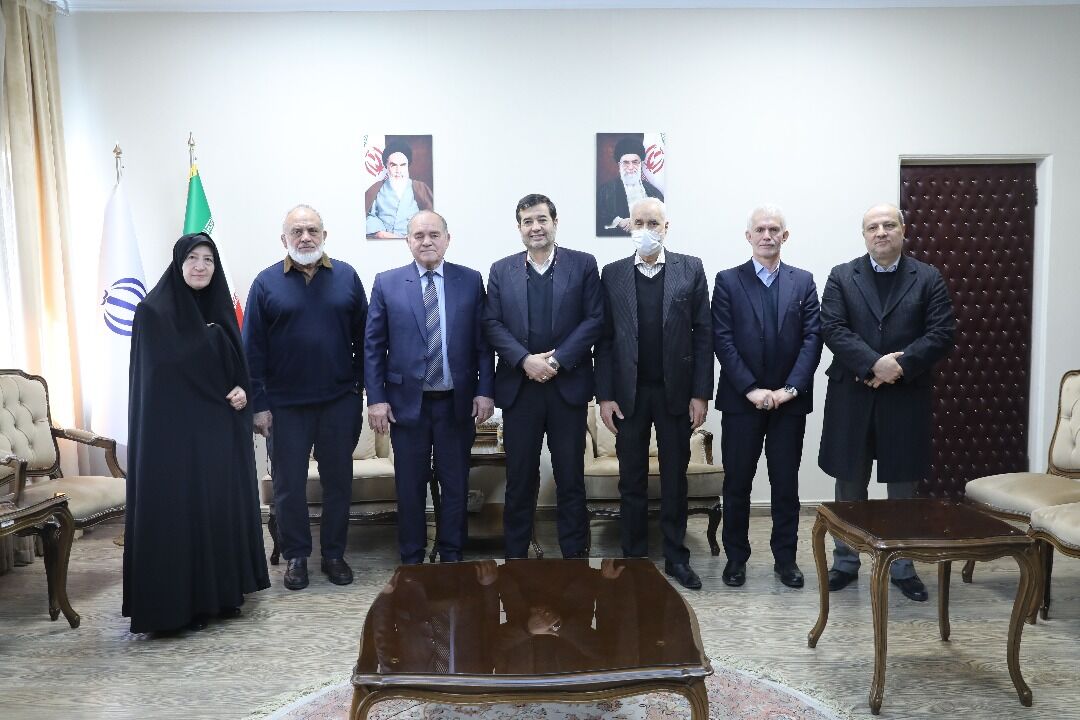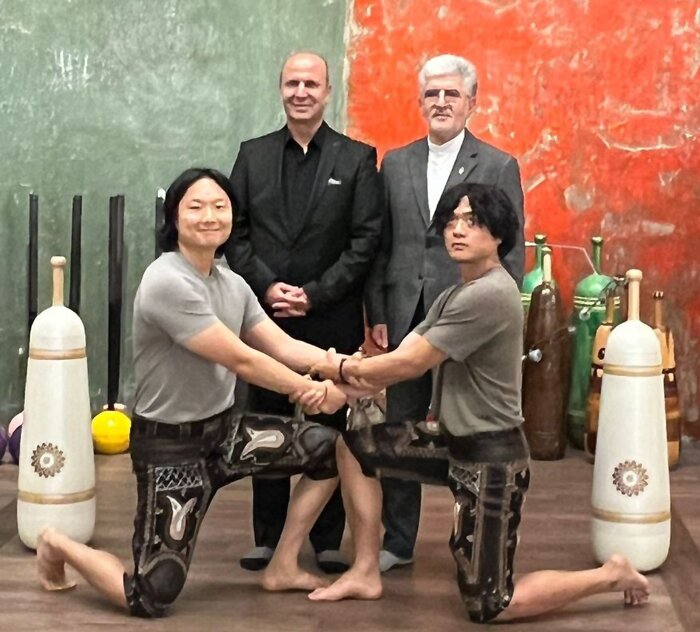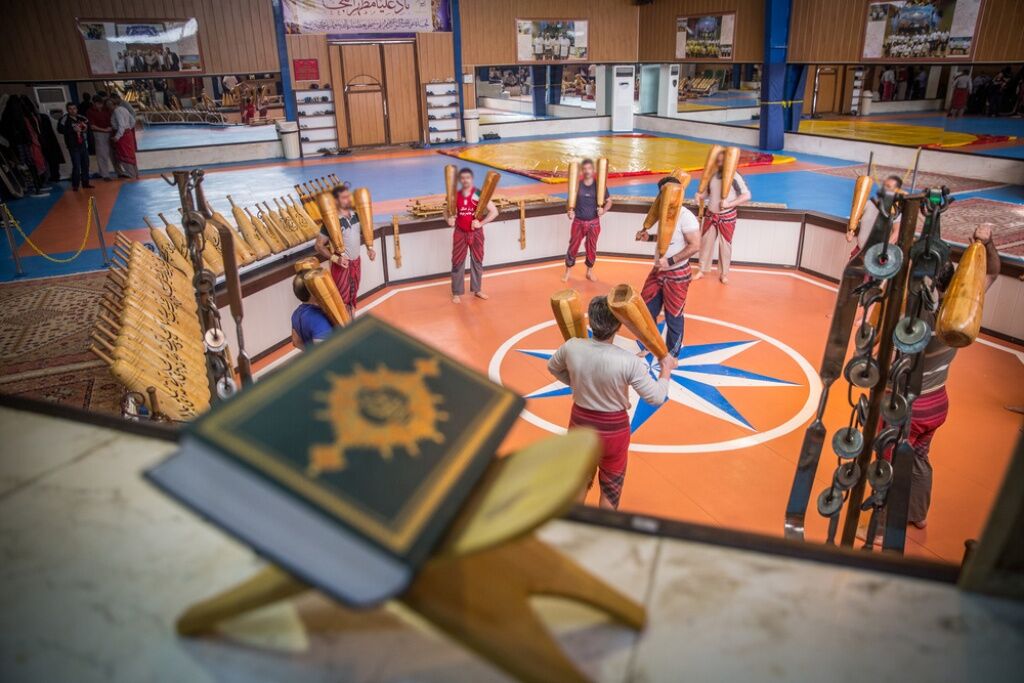Luis Quintero is a patient man. It is a character trait required of someone who is dealing with five-to-eight-year-old kids on a daily basis. But when the physical education teacher and football coach isn’t instructing youngsters, he’s starring on the sand for Medalla FC in his native Panama’s beach soccer league, which was resurrected in January after five long years of inactivity.
The 34-year-old began his journey in the sport in 2015, but was not a member of the Panama side that appeared at the FIFA Beach Soccer World Cup™ in 2017. He’s been waiting a long time for another chance, and feels that Seychelles 2025 is his moment.
Quintero told FIFA about how the new league will bolster Panama’s chances at the upcoming Concacaf qualifiers in March, his desire to play a World Cup in “paradise”, and how beach soccer was love at first sight.
How is preparation coming along for the Concacaf qualifiers?
Luis Quintero: It’s going well. Our national team mini-camps have started. It’s a good-sized group since a lot of players were called. Previously we didn’t have a league, but now one has started and there are many new players. We are training hard. The first thing to do is to win a spot and then later go and represent the country well.
Panama’s beach soccer league is back after five years. What has been its impact?
We now have a league that is regulated. We didn’t have that before. There were tournaments and such, but they were short ones, like only four or five days long. Now it is more constant and I think that’s helping us as players, since we’re able to maintain rhythm. Before the league, there were just a few of us, and it made it difficult when we came in for camps. Training was twice as demanding, but now with a league, players are able to keep themselves fit and the new players are doing well in our mini-camps.
What are your thoughts on your qualifying group opponents, USA, Bahamas and Trinidad and Tobago?
I think USA will be toughest opponent. We have had some great battles against them, but like I said, before we didn’t have a league and that lack of experience always worked against us in the third period. Those shortcomings always cost us in qualifying when we played USA. We also know that Bahamas have had a very long training camp together and they have coach Francis [Farberoff]. Francis, in 2015, worked with us here in Panama, so we know how strong of a coach he is, so Bahamas will be a tough opponent. Trinidad and Tobago are also a team that never gives up.
What is the key to qualifying for the World Cup?
I think in addition to the physical aspect, we need to be more focused in our movement. That is sometimes difficult for us, but now we have a different system under our coach Angelo [Williams] than the one we had before, so we have to capture that and then use it on the field. Also, the unity of the group is important, that everyone supports each other on and off the field.
You mention Angelo’s system and the old system. What’s the main difference between those two?
Because we had no league and we only saw each other at certain times, the coaches used a style in which we played with the ball more around our feet, so it was easier for us. But now we are utilizing the aerial game, more of a beach soccer style you could say. We are working more on technique with movements, and that is helping us more. We’re more creative. We have more timing and much more movement without the ball. You get to have more attacks and I think that can make the difference for us in qualifying.
What would it mean to qualify for the World Cup?
It would be something important for all of us since it hasn’t been achieved since 2017, which was the first and last time. Every one of the players in these camps has made that a goal. First, to get past the group stage, and then seek passage to the World Cup.
You alluded to the 2017 team. What did that group represent for you?
Unity. The unity was always important. Wherever one went, everyone went. It was one group, and I think that served as the base for achieving. Also, the confidence in each other. Nobody was afraid to make mistakes. Sometimes in qualifying you take new players and they are afraid to make a mistake, but that 2017 team was exceptional. They gave it their all and achieved qualification to the World Cup. I wasn’t part of that team though. I couldn’t be in any of the training camps for personal reasons. But after that World Cup, yes, I was part of that team and it was still very united.
Is beach soccer growing in Panama?
Yes. Before you always had to go to the beach to play, but now inland they are making pitches and they are promoting the sport. That is what we want as players, that it keeps going, doesn’t disappear, and we are able to keep ourselves in the sport.
How did you start in beach soccer?
In 2015 I got a call that the first national team was going to start. I got the call because I’m more from the interior, not the capital, so I’m closer to the beaches. I had seen the sport but hadn’t played it, so I searched for it on the internet, on YouTube, in different videos, and then went to the beach to practice. When the training camp came, there were 70 players and I made the group of 12 that remained. We then went to the Concacaf qualifiers that year in El Salvador with coach Shubert Perez, who was very patient with us because it was our first time.
So you played football but then fell in love with beach soccer?
Yes, it was love at first sight. It is totally different. It’s like an art. It’s an art when you go to do an overhead kick, when you’re moving. It’s really beautiful.
Do you picture yourself playing in the World Cup in Seychelles?
I think that is the dream. First of all, we are going to compete in qualifying. Personally and as a group, there is nothing better than going to represent your country in a world championship where the best are. And of course, in looking at photos [of Seychelles], it is a paradise!
- نویسنده : محمد مهدی اسماعیلی رها































Thursday, 29 January , 2026